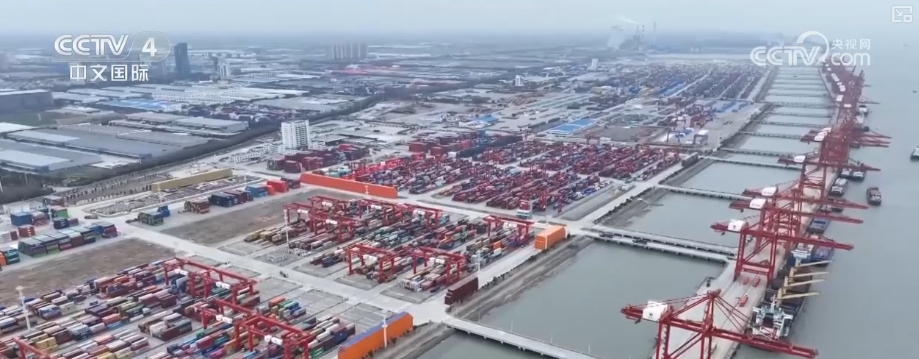International Bidding And China's Strategy Under The Background Of The Belt And Road Initiative
International Bidding And China's Strategy Under The Background Of The Belt And Road Initiative
More importantly, the preferences of countries along the route for the "integrated construction and operation" model have given Chinese companies the financing capabilities and operation experience. A Chinese-funded enterprise successfully won the bid for 50 years of operation and maintenance services in a railway project in Laos.
The infrastructure boom in countries along the Belt and Road has opened up a broad world for international bidding for Chinese companies, but the rules and competitive landscape of foreign markets have also made the road to going global full of tests.
Opportunities are hidden in the point of fit between demand and advantage. Most port expansion in Southeast Asia and energy pipeline projects in Central Asia require complete sets of technical solutions that Chinese companies are good at. A central enterprise broke through the 23 international bidders in the bidding for photovoltaic power stations in Pakistan with its full industrial chain integration capabilities. More importantly, the preferences of countries along the route for the "integrated construction and operation" model have given Chinese companies the financing capabilities and operation experience. A Chinese-funded enterprise successfully won the bid for 50 years of operation and maintenance services in a railway project in Laos.
Challenges often come from invisible barriers to rules. The bidding for municipal projects in a country in the Middle East uses international common standards on the surface, but in fact, it requires that the bidding documents must be certified by local law firms, which alone increases the time cost by 30%. The environmental protection threshold in the European market is more specific. A wind power project has unfortunately been eliminated even though it has advanced technology. Geopolitical risks cannot be ignored. The localization rate requirements in some countries are constantly increasing. A highway project stipulates that the proportion of local construction personnel shall not be less than 60%, which forces enterprises to adjust their employment structure.
Coping strategies need to be combined with both hardness and softness. In terms of hard power, a construction group has set up a R&D center in Africa to improve building materials formulas to make the bidding plan more targeted. The polishing of soft power is also crucial. Chinese-funded enterprises have begun to pay attention to cooperation with local consulting agencies. A power company grasps the bidding tendency of a Southeast Asian country through local partners in advance, adjusts its quotation strategy and wins the bidding strategy. Compliance capabilities are the bottom line. Some companies have specially established international compliance databases to update legal changes in countries along the route in real time to avoid abolishing standards due to deviations in policy understanding.
Chinese companies that go global must not only bring technology and funds, but also have a sense of respect for the rules and ambition to adapt. Only by finding a foothold in the balance between opportunities and challenges can we take deep roots in the international bidding market.
The necessary bidding is "Single-player Version of Bidding and Bidding Risk Points" - Intelligent detection and identification of risk points in a bidding, providing a multi-dimensional risk assessment model for co-branding. It serves more than 1,000 companies and ordinary users, including bidding agency enterprises, audit bureaus, central enterprises, smart procurement and procurement platforms.






